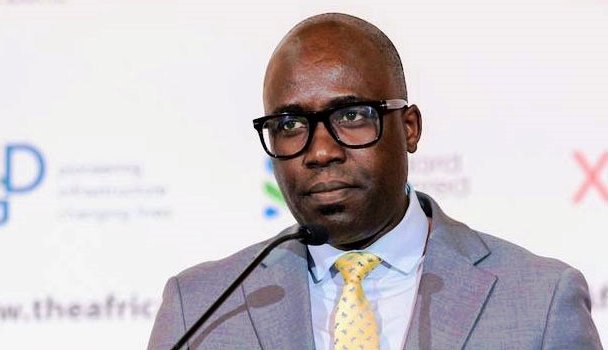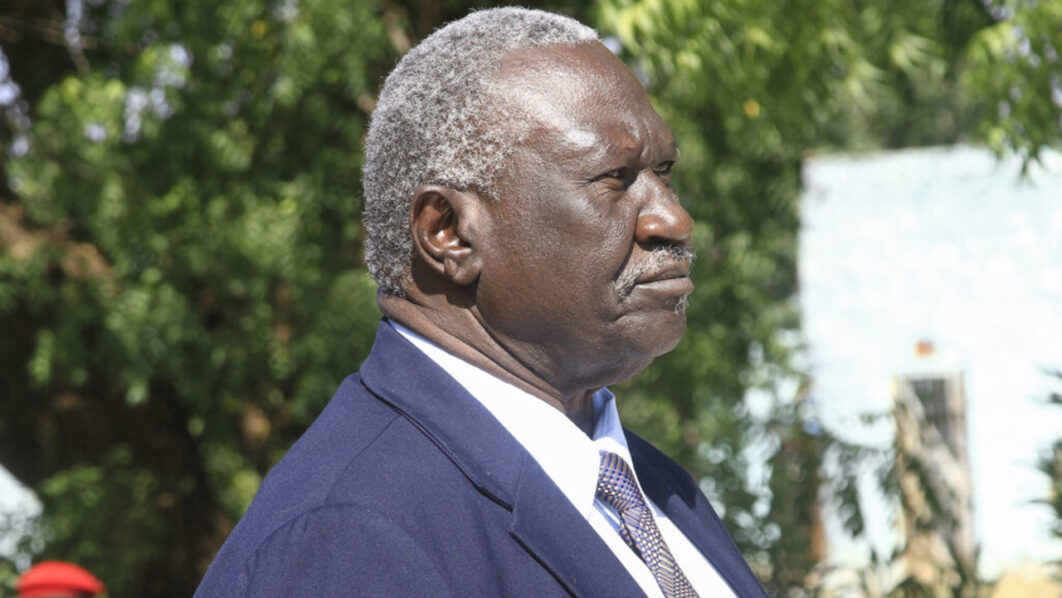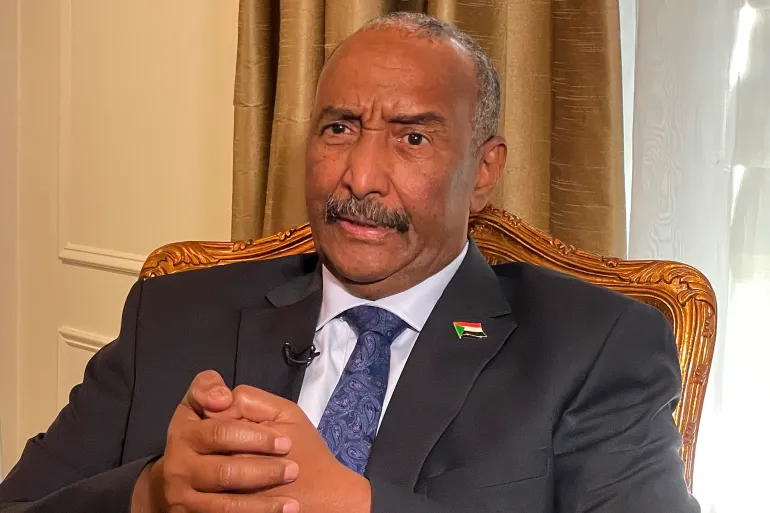Foreign Affairs Principal Secretary Korir Sing’Oei has firmly opposed ongoing calls to extend Kenya’s presidential term limit, emphasizing the importance of adhering to the country’s constitutional framework. Sing’Oei argued that extending the presidency beyond two terms, as provided by the 2010 Constitution, undermines Kenya’s democratic principles.
“Third termism is incompatible with our constitutional and political order. So is regime change in all its guises. Both mustn’t be tolerated,” Sing’Oei stated, calling for vigilance against any attempts to subvert constitutional order.
His remarks come amidst rising speculation fueled by some of President William Ruto’s allies. Over the weekend, Tiaty MP William Kamket hinted at reforms to extend Ruto’s presidency, likening the proposal to the 24-year rule of the late President Daniel Arap Moi. Kamket defended the idea, asserting that Ruto’s leadership reflects the will of the people and predicting a strong second term for the President.
“If they joke, we can manufacture a president to survive for 24 years. Baringo County knows how to do this,” Kamket declared, while praising the government’s efforts to stabilize the North Rift region.
However, opposition leaders and legal experts have criticized such proposals. Nairobi Senator Edwin Sifuna dismissed Kamket’s remarks, accusing the President’s allies of masking their fears about the 2027 election. Siaya Governor James Orengo also condemned the rhetoric, warning against the divisive language reminiscent of Kenya’s troubled political past.
The push for term extension faced a significant blow last month when the Senate Justice, Legal Affairs and Human Rights Committee rejected the Constitution of Kenya (Amendment) Bill, 2024. Sponsored by Nandi Senator Samson Cherargei, the bill proposed increasing the term limit for the President and other elected leaders from five to seven years.
Public consultations revealed overwhelming opposition, with 99.99% of participants rejecting the proposal. Over 240,000 submissions flooded the Senate’s systems during the process, leading to a system crash.
The rejection of the bill and statements from leaders like Sing’Oei signal a clear defense of Kenya’s democratic integrity and constitutional principles amid renewed debates on governance reforms.





